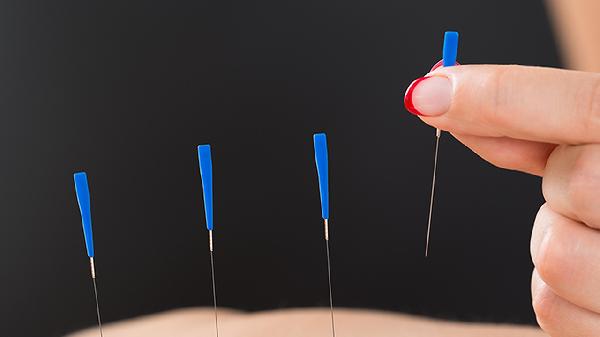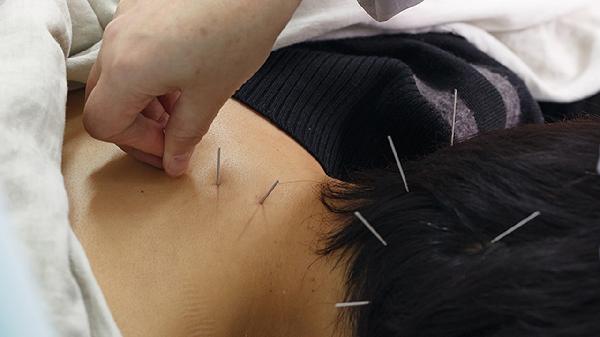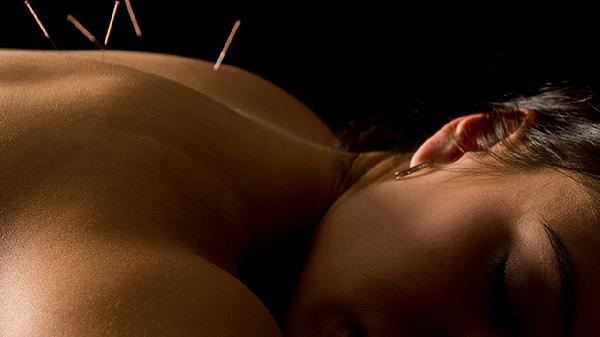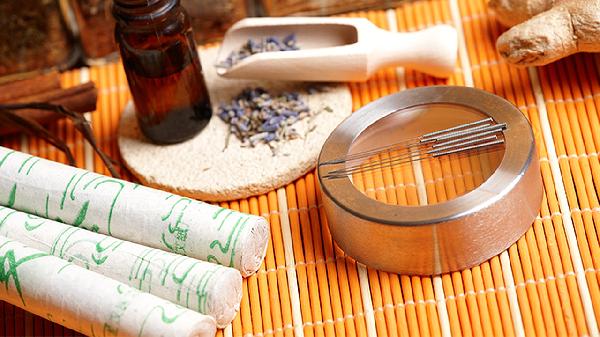Yes, acupuncture can be an effective tool for managing and reducing stress. This ancient Chinese practice involves inserting thin needles into specific points on the body to balance energy flow, known as Qi. Research suggests that acupuncture can stimulate the nervous system, release endorphins, and regulate stress hormones like cortisol, promoting relaxation and emotional well-being. While it may not eliminate stress entirely, it can be a valuable complementary therapy for those seeking natural stress relief.
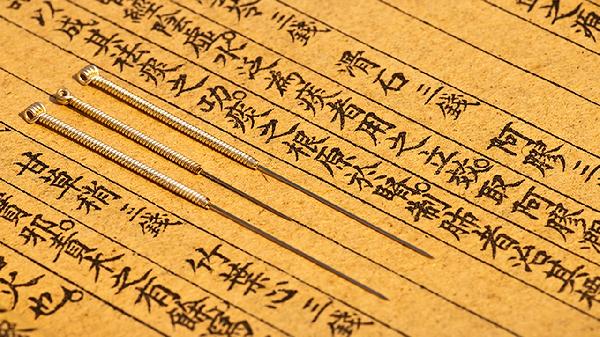
How Acupuncture Works to Combat Stress
Acupuncture targets specific points on the body, known as acupoints, which are believed to influence the flow of Qi. When these points are stimulated, they can activate the parasympathetic nervous system, which is responsible for the body’s "rest and digest" response. This helps counteract the effects of the sympathetic nervous system, which triggers the "fight or flight" response during stress. Additionally, acupuncture has been shown to increase the production of serotonin and endorphins, chemicals in the brain that promote feelings of calm and happiness.
Scientific Evidence Supporting Acupuncture for Stress
Several studies have highlighted the potential benefits of acupuncture for stress management. For example, a 2018 study published in the Journal of Acupuncture and Meridian Studies found that participants who received acupuncture experienced significant reductions in cortisol levels and reported feeling more relaxed. Another study in the Journal of Endocrinology demonstrated that acupuncture could modulate the hypothalamic-pituitary-adrenal (HPA) axis, which plays a key role in the body’s stress response. While more research is needed, these findings suggest that acupuncture can be a viable option for stress relief.
What to Expect During an Acupuncture Session
During an acupuncture session, a licensed practitioner will assess your stress levels and overall health to determine the best approach. They will then insert sterile, hair-thin needles into specific acupoints, often on the ears, wrists, or back. The needles are typically left in place for 15 to 30 minutes while you relax. Many people report feeling a sense of calm and lightness during and after the session. It’s important to choose a qualified and experienced acupuncturist to ensure safety and effectiveness.
Combining Acupuncture with Other Stress-Relief Techniques
While acupuncture can be beneficial on its own, combining it with other stress-management strategies can enhance its effects. Practices such as mindfulness meditation, yoga, and deep breathing exercises can complement acupuncture by promoting relaxation and mental clarity. Additionally, maintaining a healthy lifestyle through regular exercise, a balanced diet, and adequate sleep can help reduce overall stress levels. Acupuncture can be integrated into a holistic wellness plan to address both the physical and emotional aspects of stress.
Potential Side Effects and Considerations
Acupuncture is generally considered safe when performed by a trained professional. However, some people may experience mild side effects, such as soreness, bruising, or slight bleeding at the needle sites. It’s important to discuss any medical conditions or concerns with your acupuncturist before starting treatment. While acupuncture can be a helpful tool for stress relief, it should not replace conventional medical care for severe or chronic stress conditions. Always consult with a healthcare provider to determine the best course of action for your needs.
How Many Sessions Are Needed for Stress Relief?
The number of acupuncture sessions required for stress relief varies depending on the individual and the severity of their stress. Some people may notice improvements after just one or two sessions, while others may need several weeks of regular treatment to achieve lasting results. A typical treatment plan might involve weekly sessions for four to six weeks, followed by maintenance sessions as needed. Your acupuncturist will work with you to develop a personalized plan based on your goals and progress.
The Role of Acupuncture in Long-Term Stress Management
Acupuncture can play a valuable role in long-term stress management by helping to restore balance to the body and mind. Regular sessions can help prevent stress from building up and improve overall resilience to life’s challenges. Over time, many people find that acupuncture helps them develop a greater sense of calm and clarity, making it easier to navigate stressful situations. By addressing the root causes of stress and promoting holistic well-being, acupuncture can be a powerful tool for maintaining emotional and physical health.
Conclusion: A Holistic Approach to Stress Relief
Acupuncture offers a natural and holistic approach to managing stress, helping to restore balance and promote relaxation. While it may not be a standalone solution, it can be an effective complement to other stress-relief practices and lifestyle changes. If you’re considering acupuncture, consult with a qualified practitioner to explore how it can fit into your wellness routine. Remember, managing stress is a journey, and finding the right combination of tools and techniques can lead to a healthier, more balanced life. Take the first step toward better stress management today and discover the potential benefits of acupuncture for yourself.
